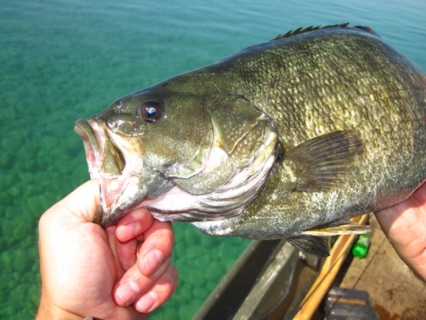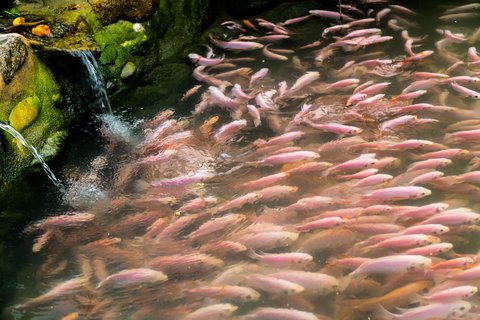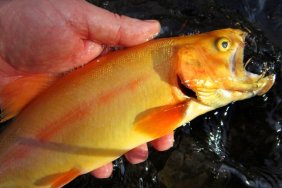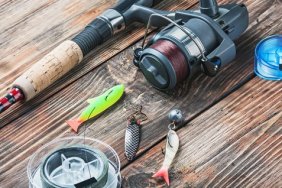When we think of the senses fish use to find prey, we often think of sight, sound and vibration, but smell does play a factor in helping fish locate food.
Sight, sound and movement in the water are the primary factors involved with a fish finding food, yet to varying degrees, smell can affect their attraction to prey, both negatively and positively.
It is important to note that fish do not smell things the same way that humans do. We smell scents that are carried through the air. Fish smell things in the water and scents in the water tend to be more localized, because smells do not carry through the water like they do in the air.
Fish use their sense of smell for orientation (salmon locating their spawning grounds), finding members of the opposite sex for reproductive purpose, alerting other fish to danger and to identify each other. Fish can also use their sense of smell to find food, but it tends to be more of a combination of smell and taste, which they react to. However, some species of fish can smell/taste things better than other species of fish. Carp and catfish, for example have an excellent sense of smell, while trout do not smell foods very well.
Some bait manufacturers have marketed a wide variety of scented baits that are supposed to attract fish. This is especially true with catfish baits. Unfortunately, many of these “fish attracting scents” are worthless, because they are oils. In order for a fish to smell/taste a scent, it needs to dissolve in water. Since oils do not dissolve in water, the fish cannot smell/taste them.
Many catfish anglers like to create their own homemade scents, which are often organic and can be detected by the fish. Live bait can also produce smells that attract fish.
Some artificial bait companies have created baits that release chemicals, which do stimulate fish into pursuing a bait. Among the key chemicals that will trigger fish to feed are amino and bile acids. The amino acids are commonly released by a fish’s natural prey. The bile acids come from the fish after they have eaten and digested food. If you are looking for scents to help you catch fish, seek out products that contain one of these chemicals.
On the flip side, some artificial baits may unintentionally release smells that repel fish or alert fish that the bait is not a natural food source. So while a lure may look great to us, it is actually working against us in trying to catch fish. A fish may also learn to associate a smell with danger, so if it is hooked when going after a worm, it may learn to avoid that smell.
While no scent is likely to be the primary factor in a fish going after your bait, smell can play role and may help you catch more fish. Most anglers will embrace anything that will improve their odds of catching fish. Using proven scents could give you an extra edge.
© Keechuan | Dreamstime.com – Lots of red tilapia fresh water fish swimming in a pond
Fish gallery
-
Fishing Files
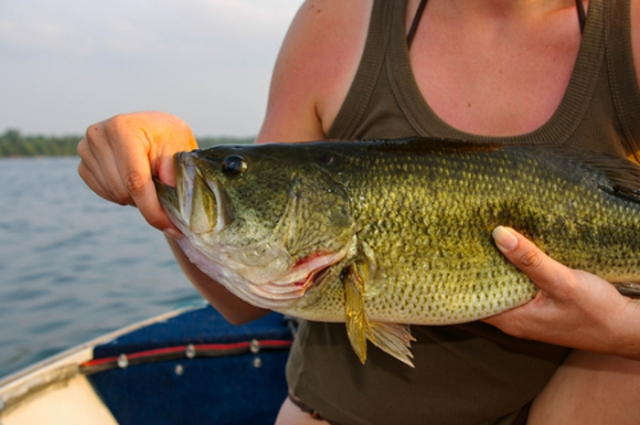
-
Striped Bass
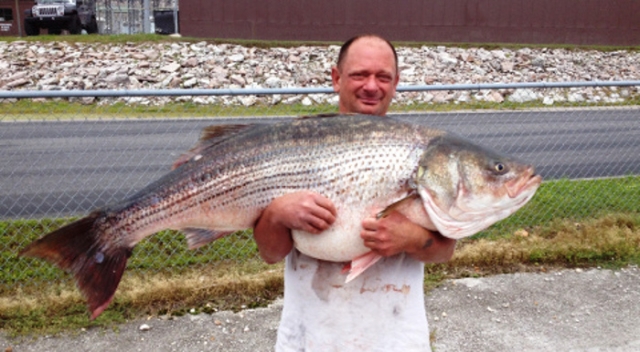
-
Fishing Files
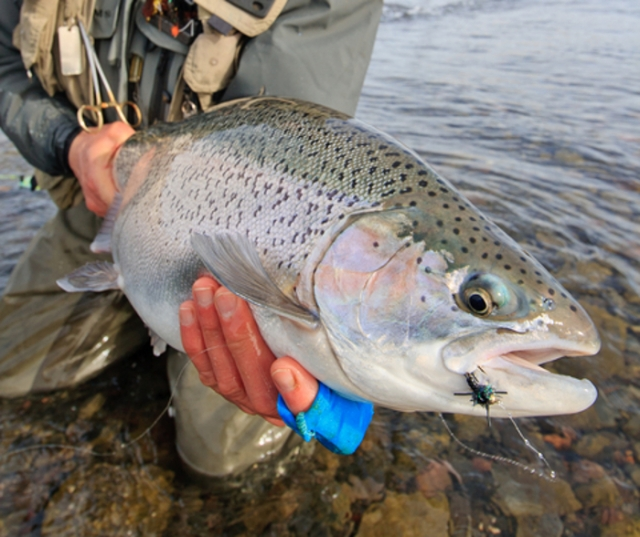
-
Smallmouth Bass
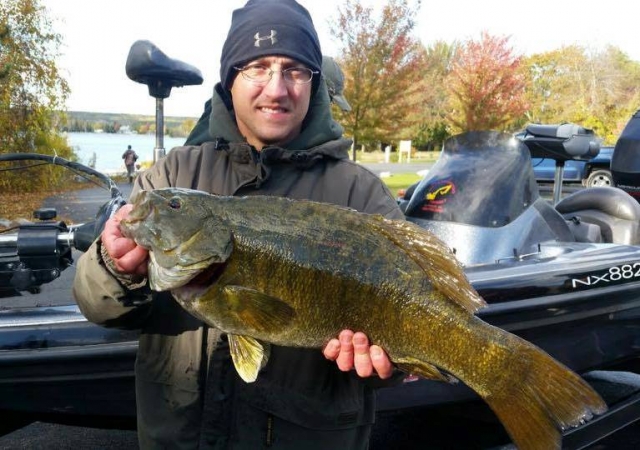
-
Fishing Files
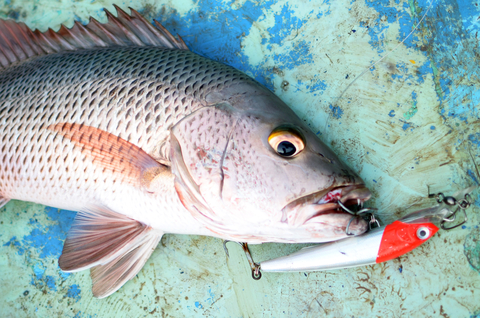
-
Fishing Files
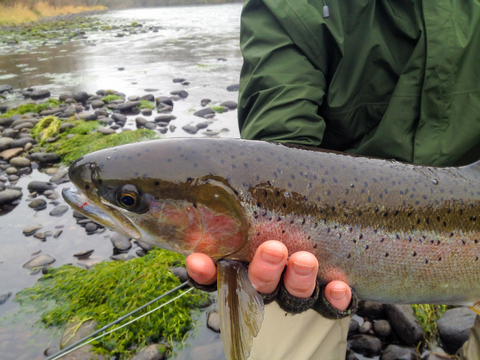
-
Largemouth Bass
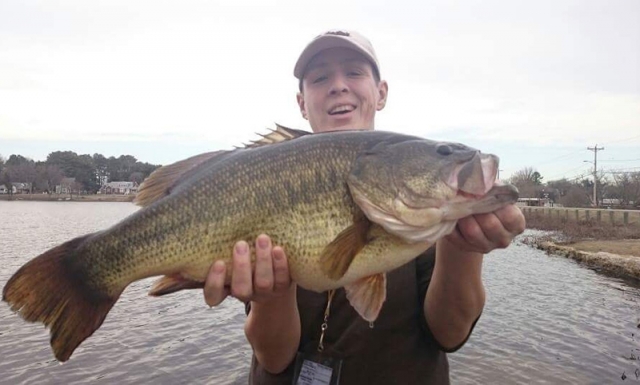
-
Fish fail in Russia

-
Bait fish
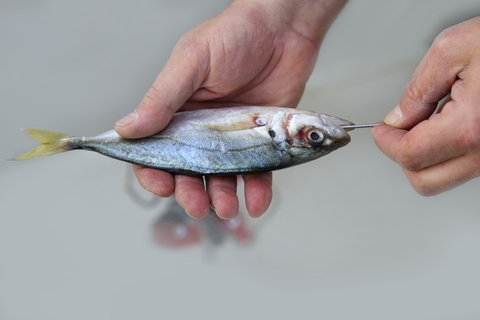
-
Fishing the weeds
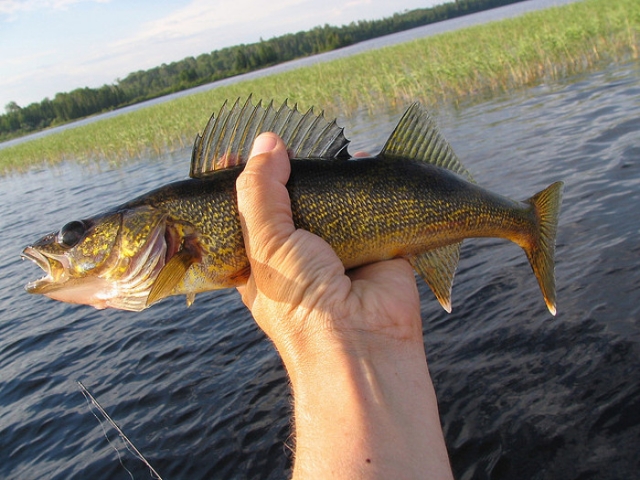
-
Fishing Waders
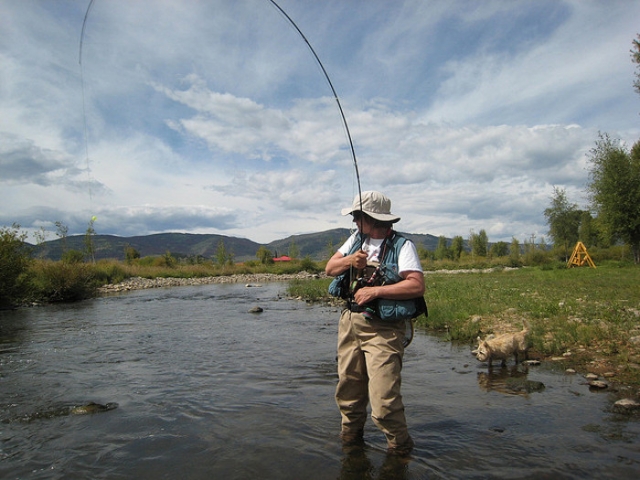
-
Old Man Fishing
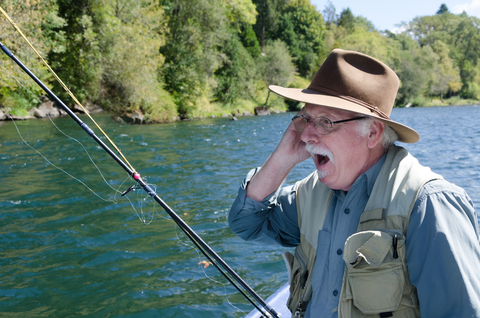
-
Fishing
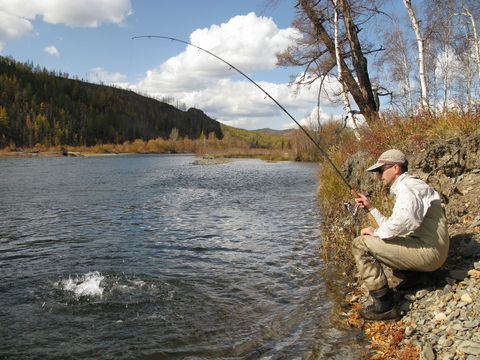
-
City Fishing
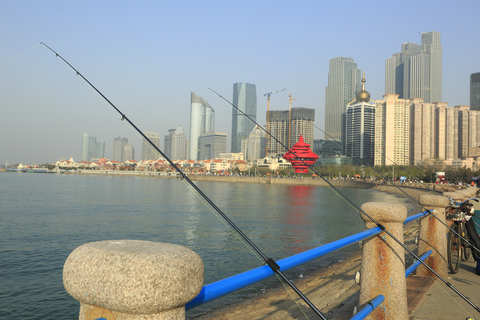
-
Fishing the cold
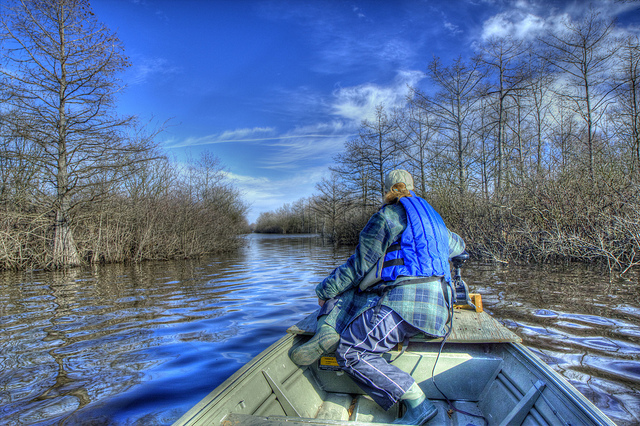
-
Fishing sunset

-
Bank fishing
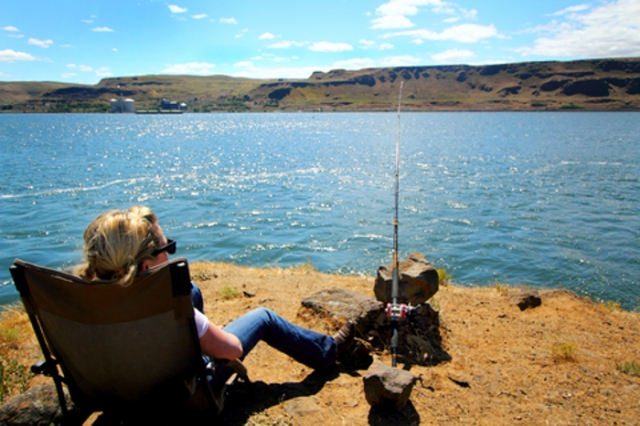
-
Day glow fishing boat

-
Fishing Pro
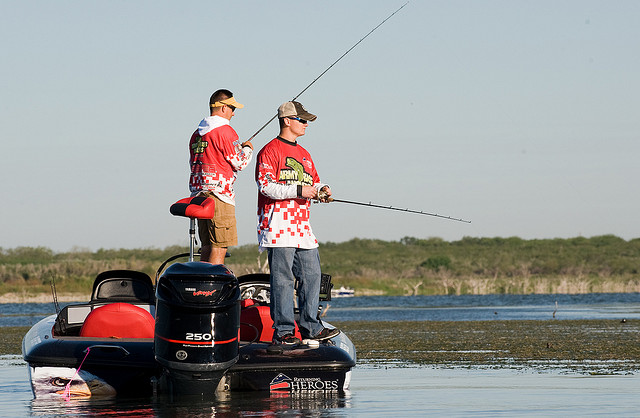
-
Fishing
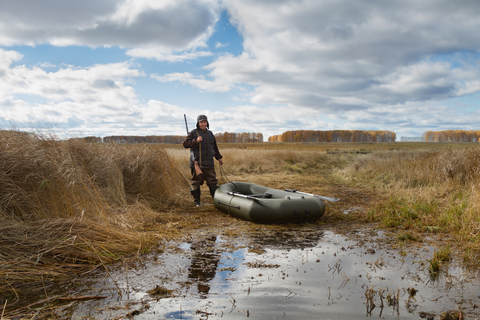
-
Fly fishing
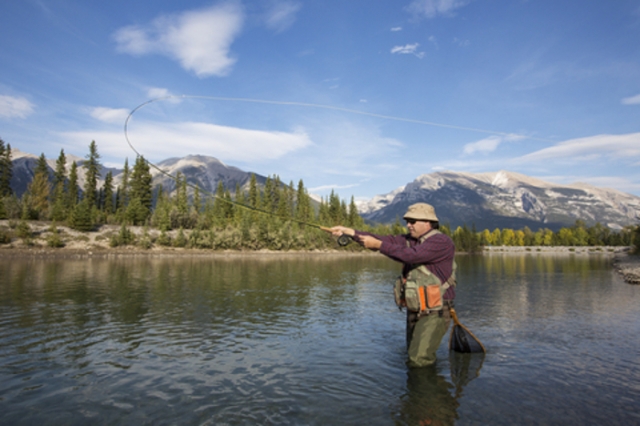
-
Fishing Files
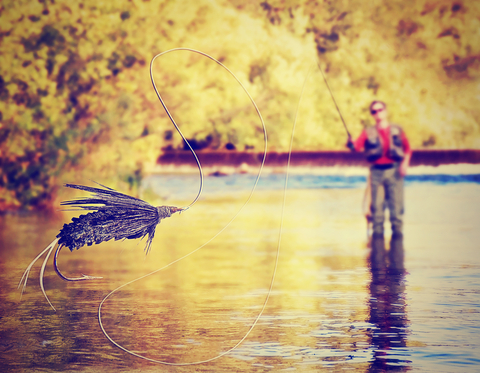
-
Fishing Files
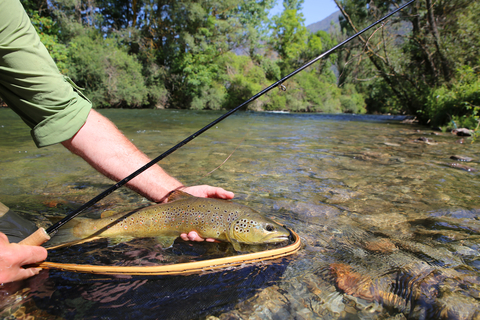
-
Fly reel
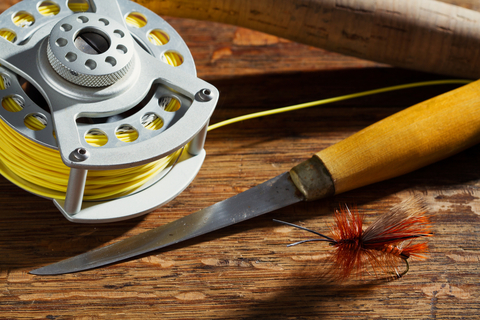
-
Gar Fish

-
Golden Trout
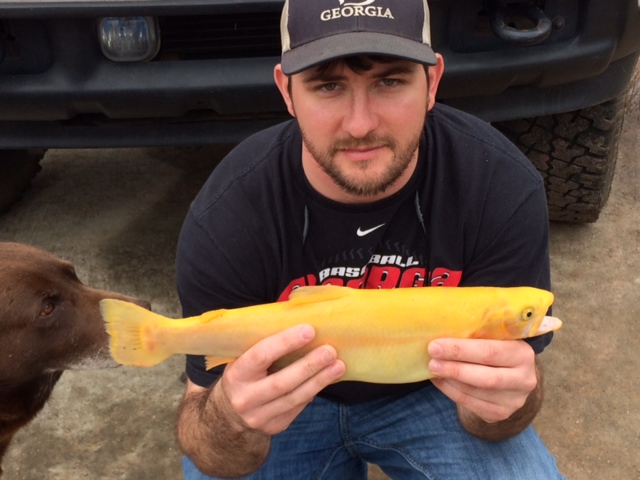
-
Ice Auger

-
Ice Fishing
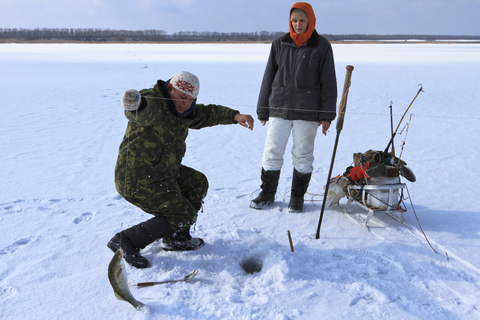
-
Halibut
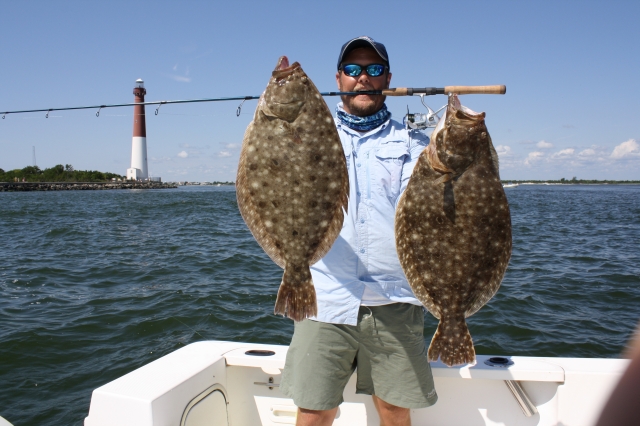
-
Bass Fish
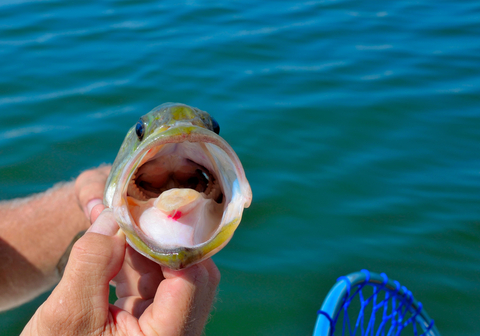
-
Lobster Dog
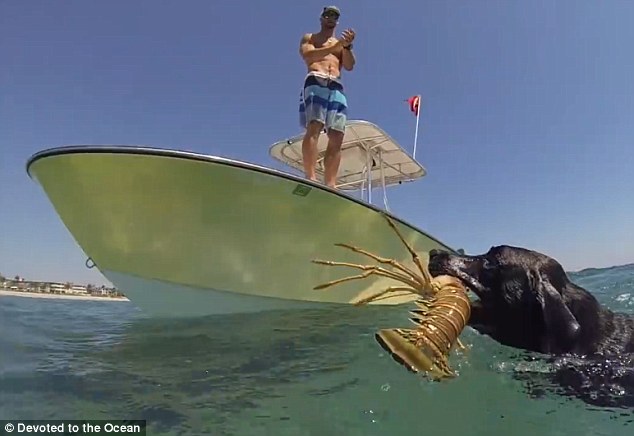
-
Marlin Fishing
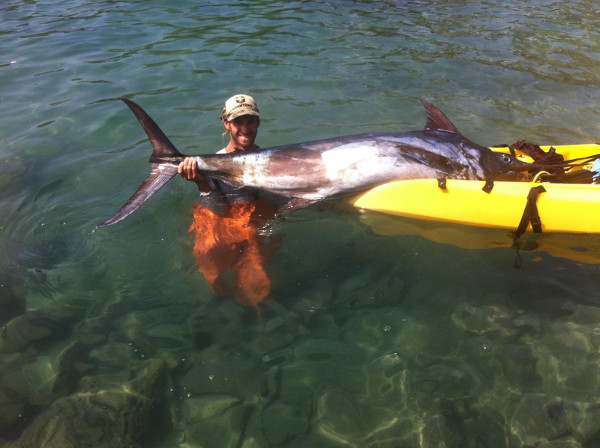
-
Muskie
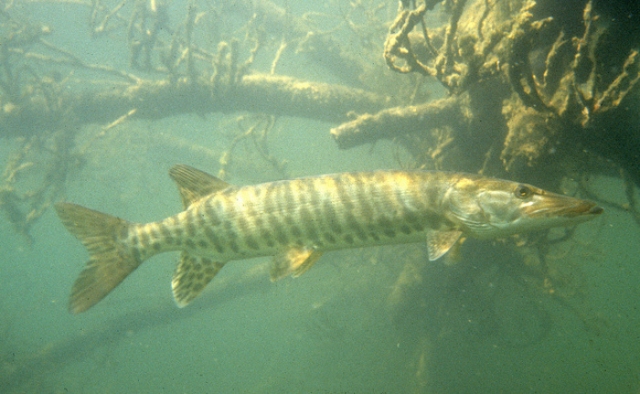
-
Fishing Files
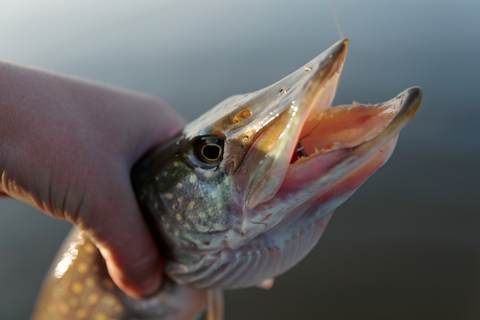
-
Nymph
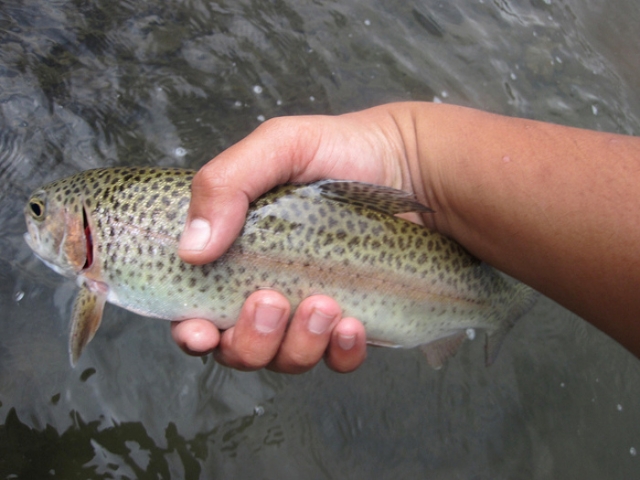
-
Oarfish
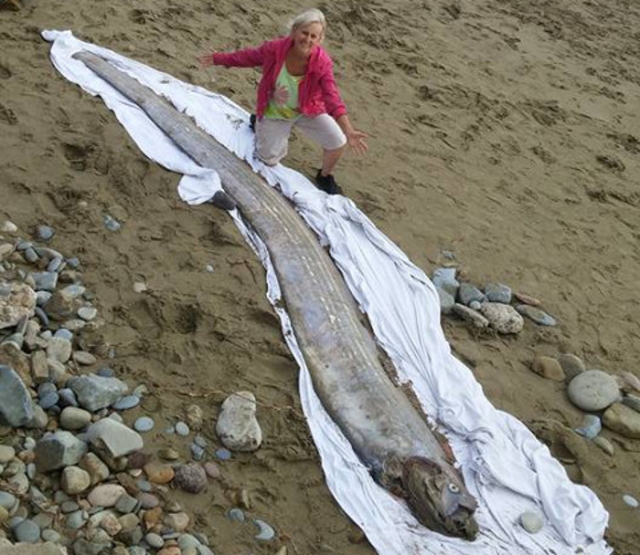
-
Obama Fishing

-
Panfish

-
Pelican

-
Fishing Files
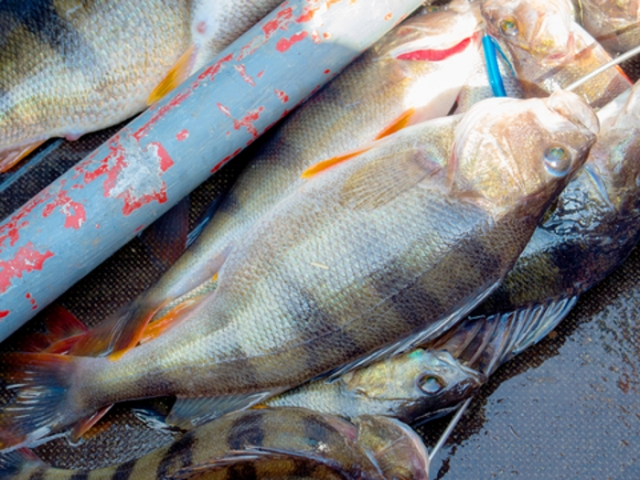
-
Fishing Files
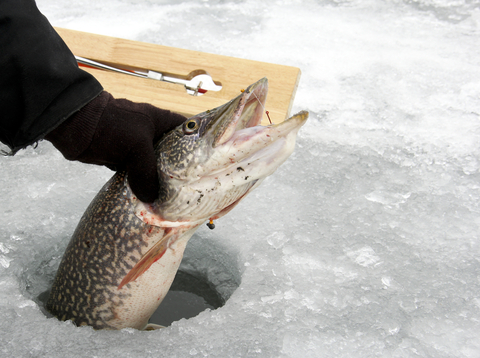
-
Fishing Files
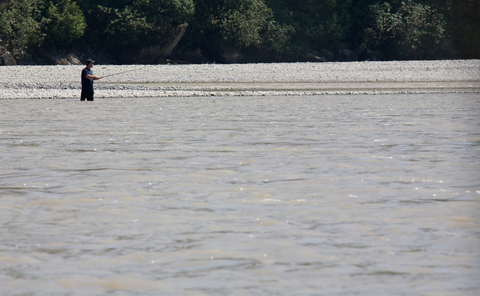
-
Fishing Files
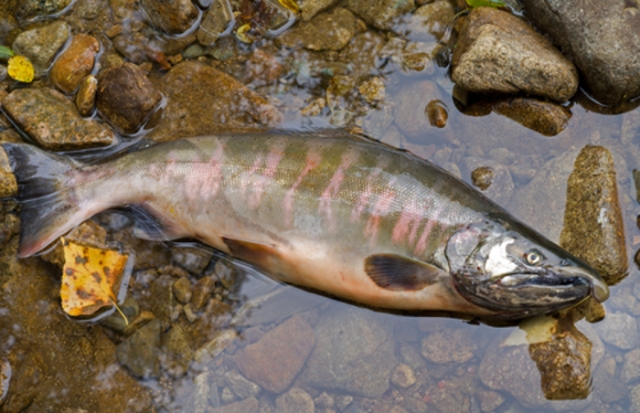
-
Fishing Files
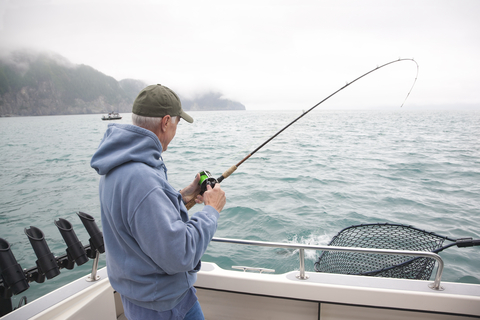
-
Fishing Files
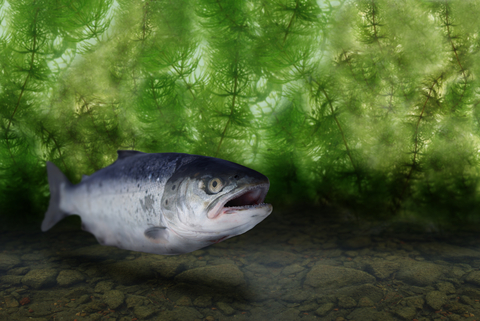
-
Fishing Files
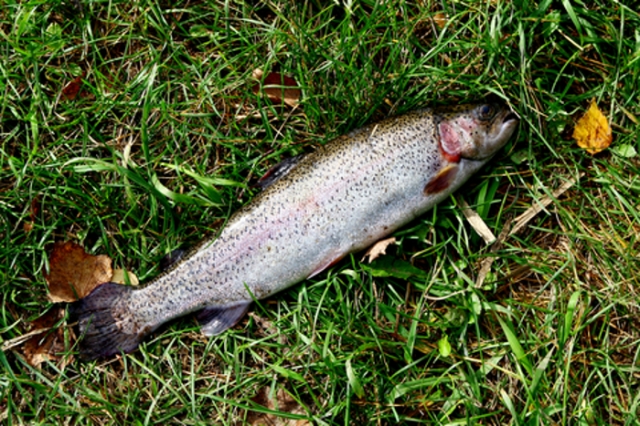
-
Fishing Files
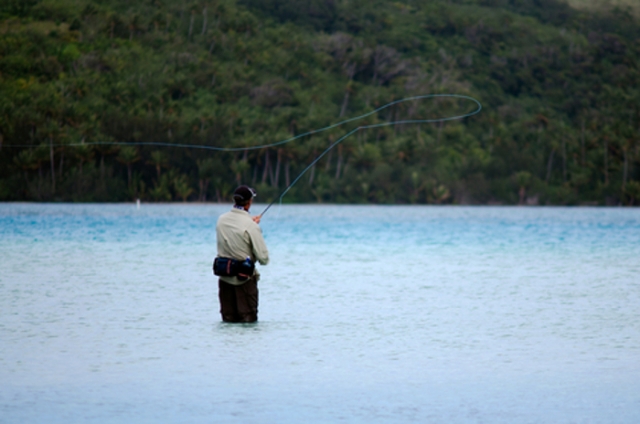
-
Fishing Files
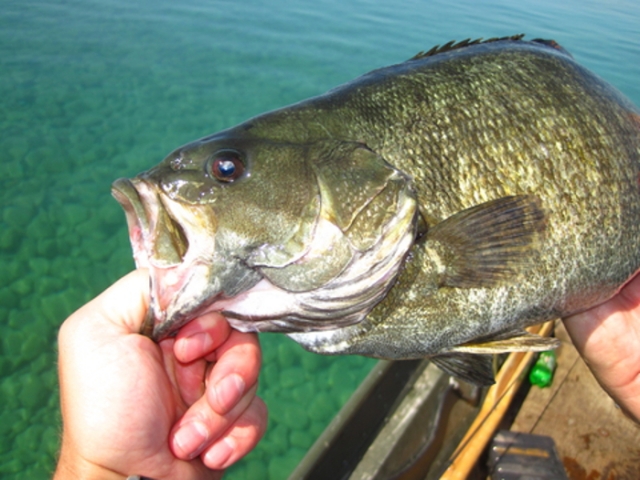
-
Snakehead
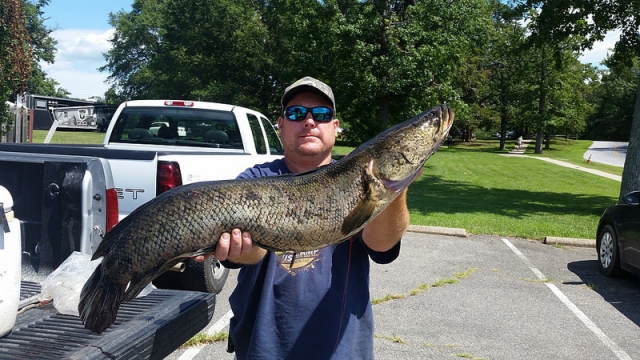
-
Spinner Shark
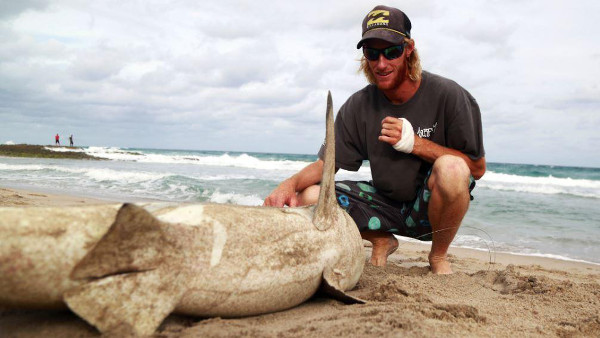
-
Spotted Bass
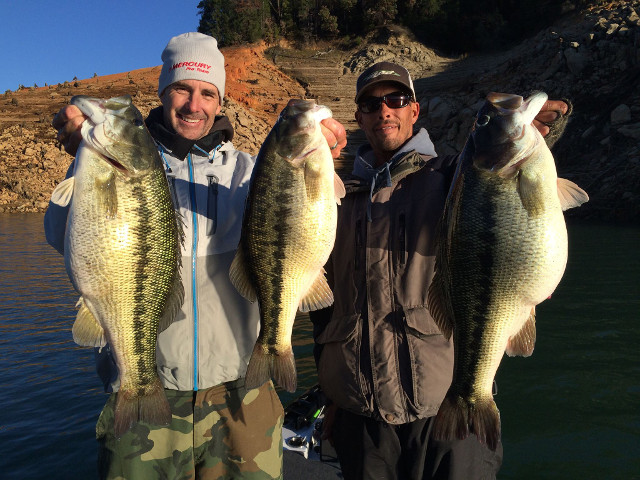
-
Striped Bass
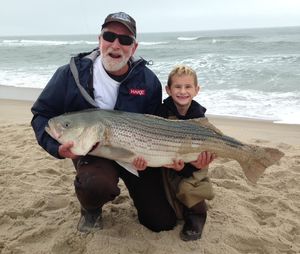
-
Sturgeon

-
Fishing Files
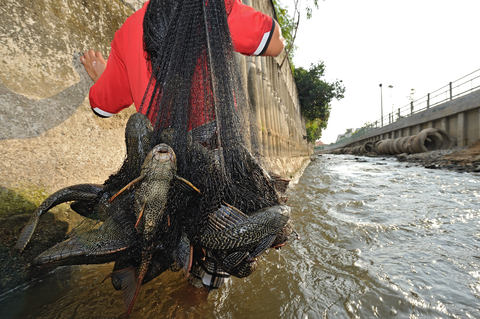
-
Trout Fishing
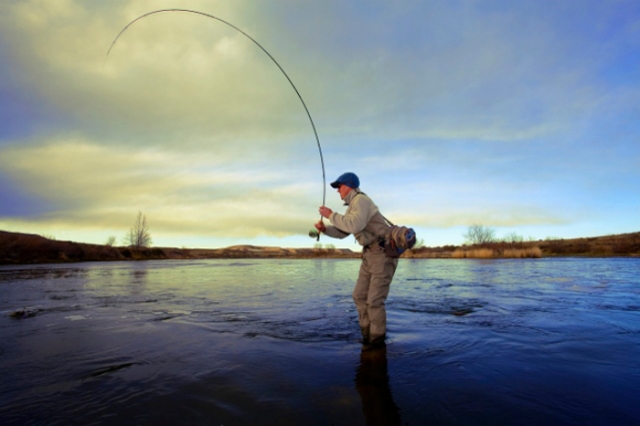
-
Fishing Files
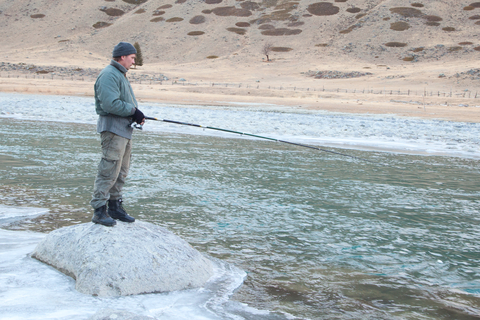
-
Fishing Files
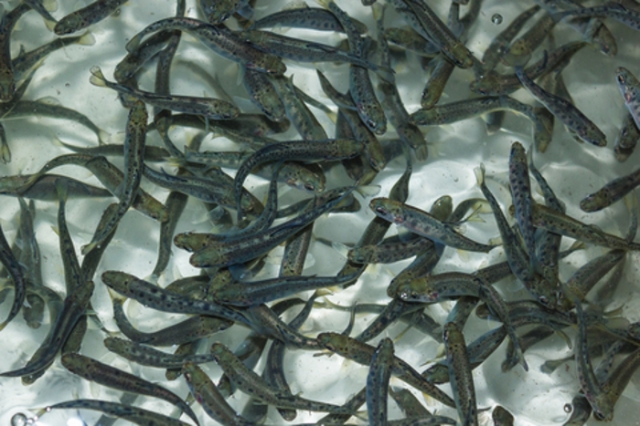
-
Fishing Files

-
Fishing Files
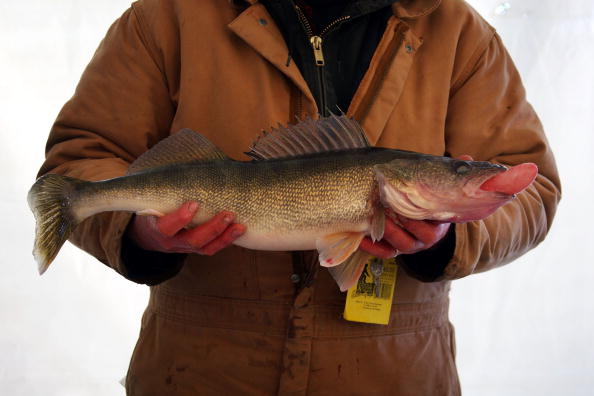
-
Northern Pike
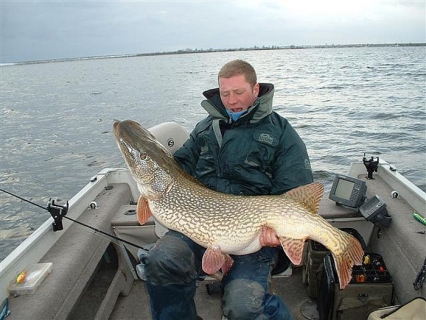
-
School of Karanteen
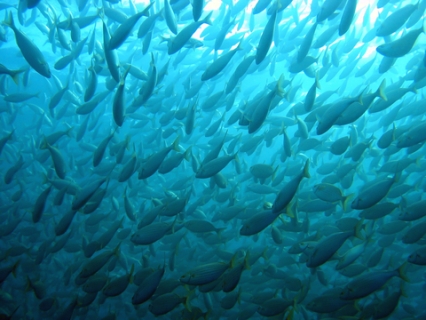
-
Walleye
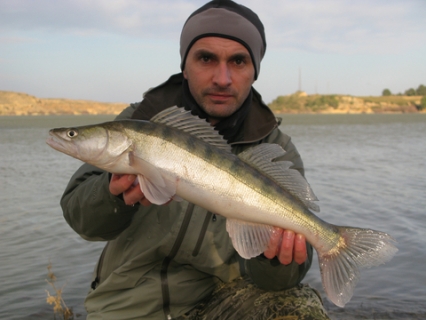
-
Goliath Grouper
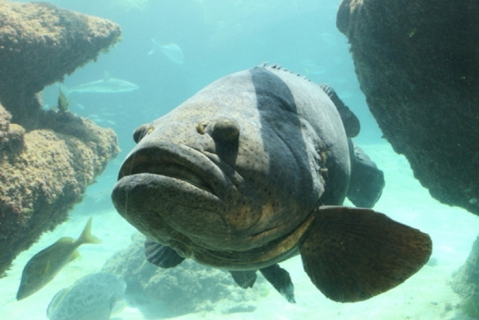
-
Barracuda
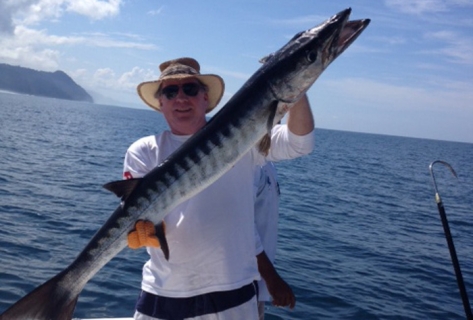
-
European Chub
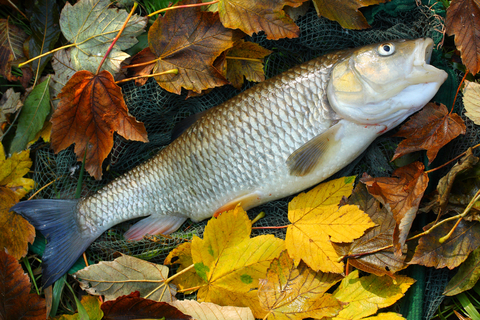
-
Drum Fish
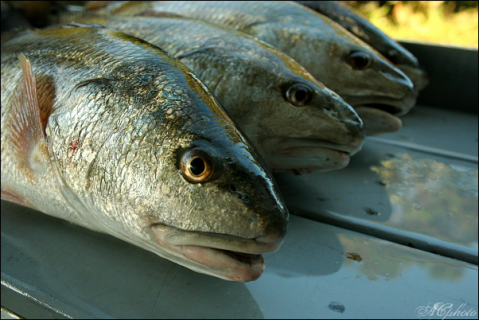
-
Grouper
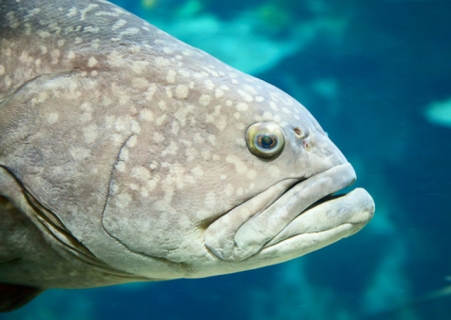
-
Blue Catfish

-
Catfish
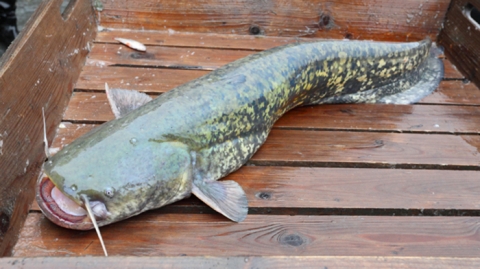
-
Star Puffer Fish
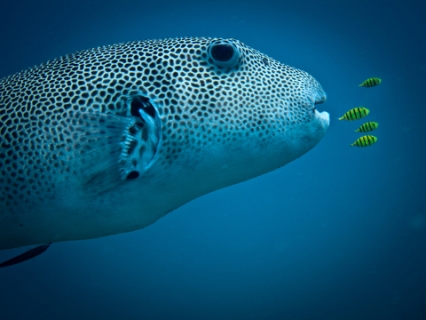
-
Napoleon Fish

-
Smoked Trout
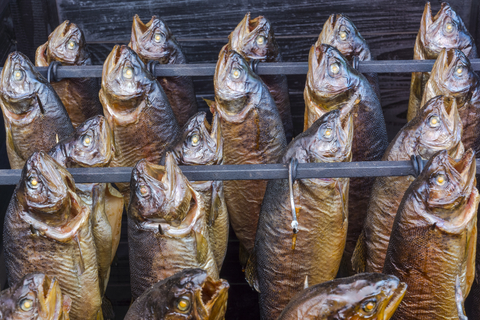
-
Perch
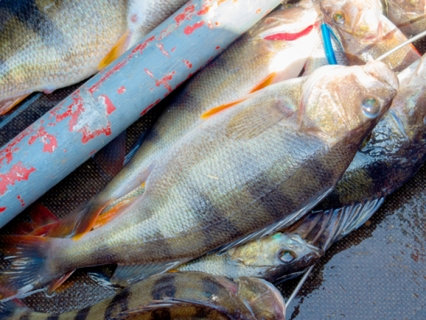
-
Smallmouth Bass
